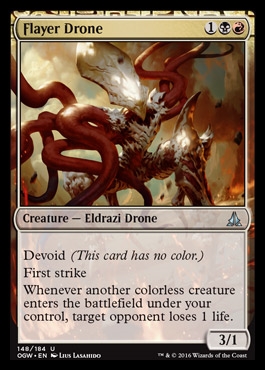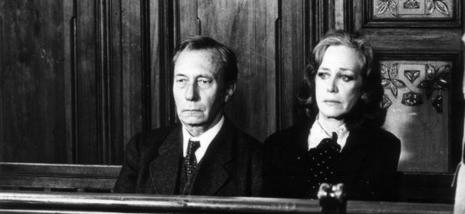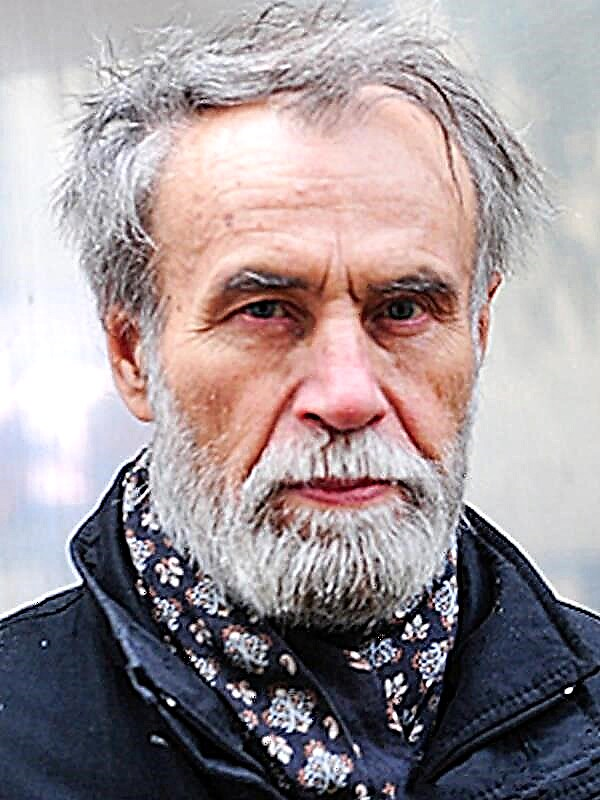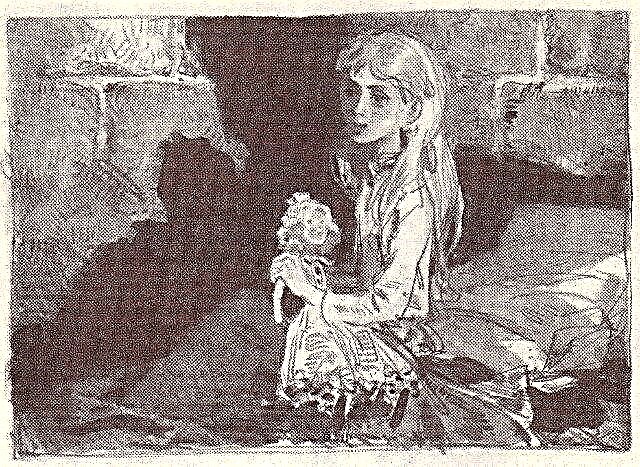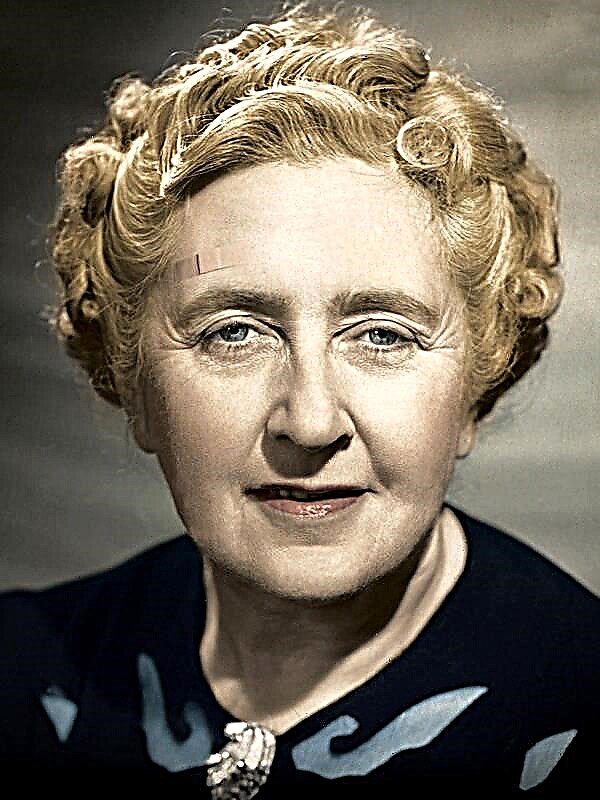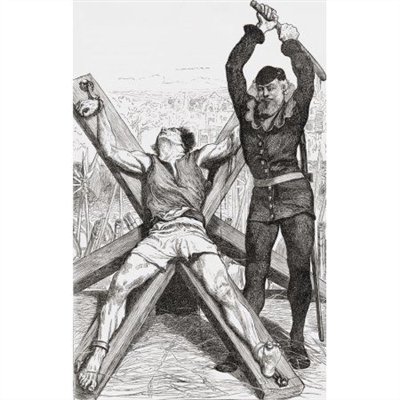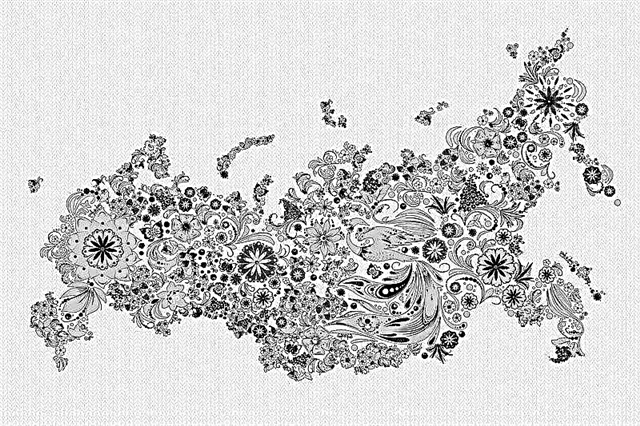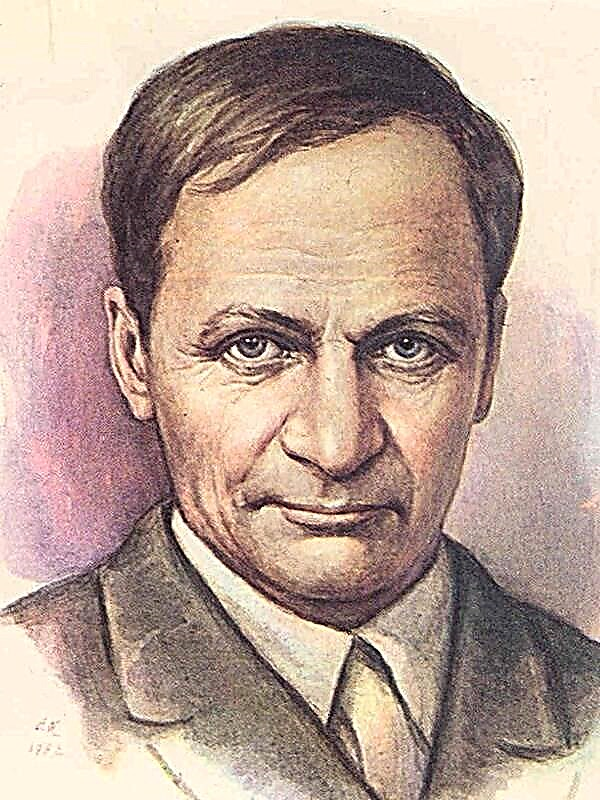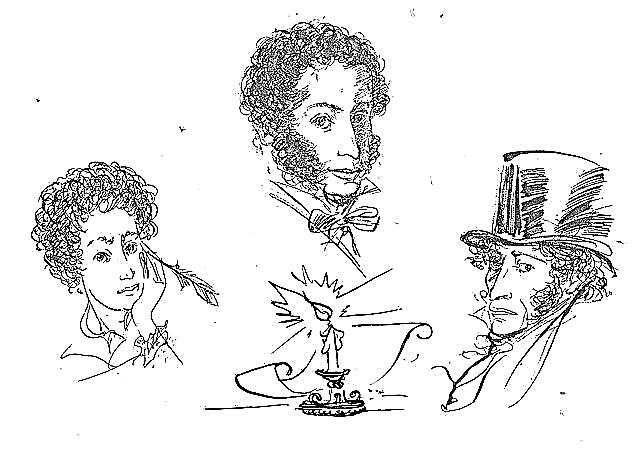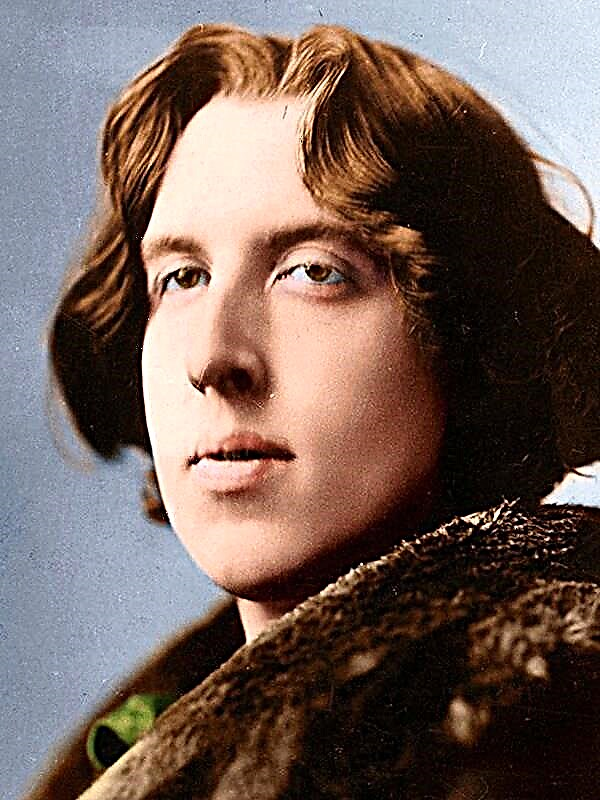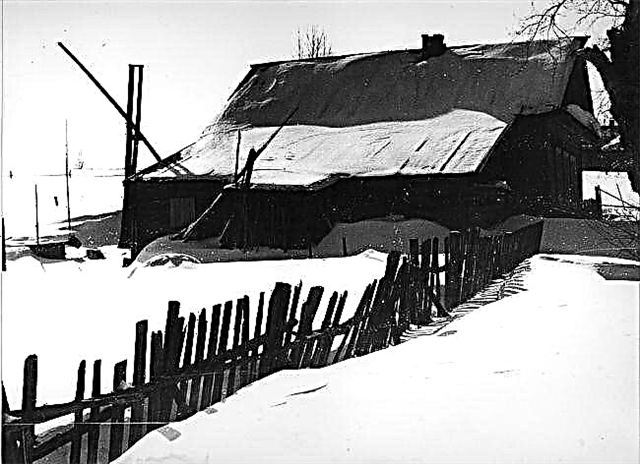Lermontov’s famous poem is not a very large work, but, nevertheless, before the lesson, young readers do not always have time to reread it in the original. And it’s not necessary, because in preparation for the lesson you can use a short retelling of “Mtsyri” in chapters. And for a complete understanding of the author’s intentions, we recommend that you turn to analysis of this book.
- The author describes the place of further events: a half-abandoned monastery located near the Aragva and Kura rivers. The first of the heroes appears here: the old monk, the only guard of this temple, forgotten by everyone.
- One day, driving from the mountains to Tiflis, a Russian general drove a captured child. Although the boy was six years old, he showed the character of a real man, proudly withstanding the trials that fell on his shoulders. Out of pity, one monk took the weak and sick prisoner to the monastery, where the boy grew up. When it seemed that the novice had already come to terms with captivity, the hero of the poem disappeared. A few days later they find him, and he tells what happened.
- The young man (here is his description) says that he does not regret the deed. By confession, he wants to lighten his chest, expose his soul.
- Mtsyri talks about the dream of seeing parents, hometown, living a free life. Although the monastery wanted to teach his child to humility, the monks did not succeed.
- The young man explains his thirst for freedom. This is a desire to know those feelings that are seething in the hearts of young people.
- Mtsyri describes the magnificent landscapes he saw: endless fields, majestic cliffs and mountains, the snowy Caucasus, which aroused childhood memories in the hero.
- The hero recalls his native land: the house, father and sisters, the gorge where he played as a child.
- “Once upon a time I thought of looking at distant fields,” the young man explains the reason for the escape and says that he committed it during a thunderstorm, while the monks were afraid.
- Mtsyri fled through the woods, not knowing where he is and where he should strive. The only thing that led the hero was his eyes. And only after many hours, exhausted, did the young man lay down and, hearing that there was no chase, calmed down and fell asleep.
- A hero awakens on the edge of the abyss.
- Waking up from a dream, he examines the nature surrounding him. Beauty strikes Mtsyri, who has not seen anything like it, but thirst makes itself felt.
- She leads him to a stream of mountain water. Quenching thirst, he hears the noise of footsteps and, hiding in the bushes, sees a beautiful Georgian girl.
- A fleeting meeting awakens in Mtsyri a previously unknown, but so desired feeling - love. The recollection of those minutes, the young man will carry with him to the grave.
- The hero involuntarily falls asleep, and in a dream he gets the image of a Georgian who has met. Waking up in the middle of the night, a young man, driven by the sole purpose of getting to his native land, sets off on a journey through the forests. But, having lost sight of the mountains of the Caucasus, he goes astray.
- Mtsyri is trying by all means to get to the goal, get out of the forest, but he does not succeed. Despair, with all its crushing power, falls upon the youth: he weeps, gnaws at the earth. But even at the time of great despair, the captive does not want the help of people.
- The young man notices a clearing and a shadow flickering on it. It was a desert leopard. The warlike spirit of his ancestors begins to boil in Mtsyri, and in anticipation of the battle, he grabs the first bitches that are caught.
- Bras, sensing an enemy smell, notices the hero and rushes at him with a quick movement. But the young man, warning the throw, reflects the attack, wounding the beast in the forehead.
- The battle continues: the leopard leaps onto the hero’s chest, but the leopard quickly plunges the gun into the enemy’s throat. In the end, Mtsyri wins the fight.
- For the young man, the battle did not pass without a trace: the scars on the hero’s chest left by the beast, only death will heal.
- Fate played a cruel joke with Mtsyri: after tasting the blissful taste of freedom, the fugitive returned to where he began his journey - to the monastery.
- The hero understands that what he was trying to achieve is a pipe dream, a “disease of the mind."
- Surprised and distressed, desperate and broken, the young man lies under the scorching sun, watching the sleepy nature.
- Dying hallucinations fall upon the wounded and exhausted hero, and he falls asleep.
- So the fugitive was found. Mtsyri himself does not repent of the escape. The only thing that saddened him was that he would not be buried in his native land, and no one would know about his story.
- The youth burned the fire of life from the inside, he wanted to see, enjoy what was taken from him. But by cruel will of fate, he returned to where he fled.
- Mtsyri asks to bury him in the garden, from where you can see the majestic and such a native Caucasus.

